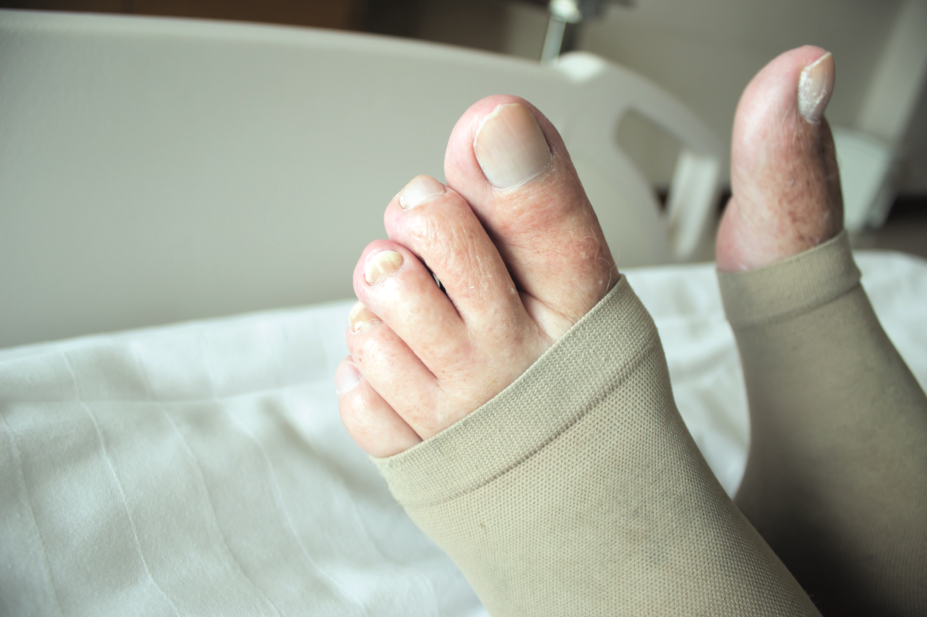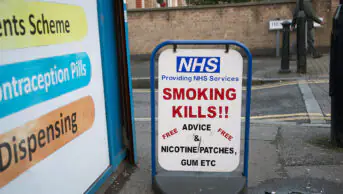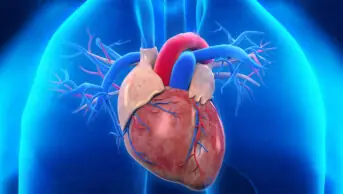
Shutterstockcom
Depression and use of antidepressants are each associated with an increased risk of venous thromboembolism (VTE), a study has revealed[1]
. Although the mechanism underlying these associations is not yet understood.
In the first systematic review and meta-analysis of eight published observational studies, using data from 960,113 participants, researchers evaluated the associations of depression and antidepressant use with VTE risk.
Individuals taking antidepressants were 27% more likely to have VTE than those not taking antidepressants. Tricyclic antidepressants, selective serotonin reuptake inhibitors and other antidepressants were associated with a 16%, 12% and 59% increase risk of VTE, respectively.
In the studies comparing patients with depression compared to those without depression, the risk of VTE was increased by 31%.
VTE is an important cause of morbidity, mortality and associated with high health costs, the researchers said, and despite advances in the knowledge of risk factors for VTE and its treatment, it remains a global public health problem.
But they said the findings added to accumulating evidence that a relationship exists between depression, antidepressant use and VTE.
“These findings are very useful to me as both a clinician and a researcher,” said Setor Kunutsor, a research fellow from the Musculoskeletal Research Unit at Bristol Medical School and the lead researcher on the study. “It gives me the information I need, especially when prescribing antidepressant medications to my patients.”
Further studies are still warranted to establish the role of depression and antidepressant use in VTE development, their potential causative pathways, and if there is a class effect of antidepressants on VTE, the researchers concluded.
References
[1] Kunutsor S, Seidu S & Khunti K. Depression, antidepressant use, and risk of venous thromboembolism: systematic review and meta-analysis of published observational evidence. Ann Med 2018. doi: 10.1080/07853890.2018.1500703


